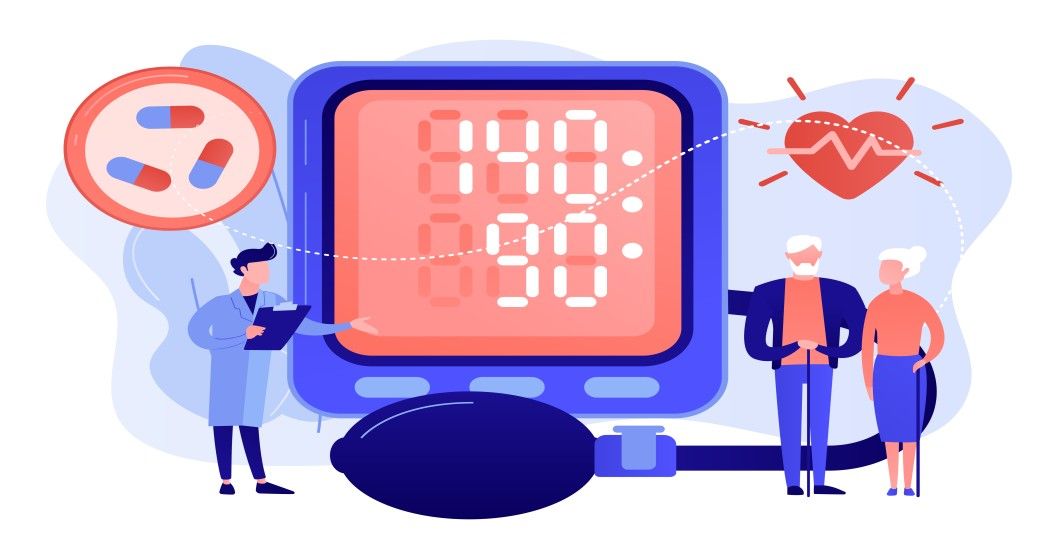Diabetes Management
Supplements: Allies in Ageing, Diabetes, and Dementia Prevention
2 min read
By Apollo 24|7, Published on - 20 May 2024
Share this article
0
0 like
.jpg?tr=q-80)
The use of dietary supplements is a topic that sparks much discussion. As we age, our bodies change, and our nutritional needs shift. Certain supplements can help fill nutritional gaps and prevent aging, diabetes, and dementia. But remember, they aren't magic potions; they work best with a balanced diet and regular exercise.
The Power of Antioxidants
Antioxidants protect our cells from damage caused by free radicals - harmful molecules that can lead to aging and various diseases. They're found in many fruits and vegetables but can also be taken as supplements. Vitamins C, E, and beta-carotene are well-known antioxidants. Vitamin C supplements are available as tablets, chewable, dispersible powders, and syrup. Vitamin E and carotene supplements are available as tablets and powders.
Understanding Omega-3 Fatty Acids
Omega-3 fatty acids are known for their heart health benefits. However, their role doesn't end there. They also contribute to brain health and may help reduce the risk of dementia. Omega-3 supplements could be considered if your diet lacks fish or other omega-3-rich foods. There are some well-known and doctor-recommended brands available in India.
Role of B-vitamins in Diabetes Management
B vitamins like B1 (thiamine), B6 (pyridoxine), B9 (folic acid), and B12 (cobalamin) are important for overall health. Thiamine helps prevent complications of diabetes, such as nerve damage. Folic acid helps keep your blood glucose levels stable, reducing the risk of diabetes. There are numerous Vitamin B supplements available in the Indian market. Your doctor will prescribe the most suitable supplement based on your requirements.
Calcium and Vitamin D for Bone Health
Ageing often threatens bone health. Calcium and Vitamin D work together to protect bones. Vitamin D helps your body absorb calcium, while calcium helps build and maintain strong bones.
Remember, dietary supplements should not replace a healthy diet. Before starting any supplement regimen, it's important to consult with your doctor or a dietitian to avoid potential risks or interactions with medications.
Supplements are indeed powerful allies in our journey towards better health. However, they work best with a balanced diet, regular exercise, and other lifestyle modifications.
Diabetes Management
Consult Top Diabetologists
View AllLeave Comment
Recommended for you

Diabetes Management
Understanding Diabetes And Eczema: A Guide To Better Skin Health
Balancing blood sugar levels and managing skin health are integral for individuals with diabetes, particularly those prone to eczema. Regular skincare routines and prompt attention to any changes in your skin are essential in preventing and controlling eczema. Remember to seek personalised advice from a dermatologist to effectively manage your condition.

Diabetes Management
Taking Back Control: Your Guide to Managing Diabetes & High Blood Pressure
You don’t have to live with diabetes or hypertension forever! Lifestyle changes like healthy eating, exercise, weight management, stress reduction, and quitting smoking can help you potentially reverse them. Remember, a balanced lifestyle is the key. Consulting your doctor is crucial for personalized advice and medication adjustments.
.jpg?tr=q-80)
Diabetes Management
Consequences of Skipping Meals for Type 2 Diabetics
The importance of regular meals for individuals with type 2 diabetes cannot be overstated. Skipping meals can lead to dangerous fluctuations in blood sugar levels, causing hypoglycaemia or hyperglycaemia. Regular monitoring of blood glucose levels and strict adherence to meal times can go a long way in managing type 2 diabetes effectively. If you're interested in learning more about managing your diabetes, consider enrolling in the Apollo Super 6 programme.
Subscribe
Sign up for our free Health Library Daily Newsletter
Get doctor-approved health tips, news, and more.
Visual Stories

8 Fruits That are Incredibly Healthy for Diabetes
Tap to continue exploring
Recommended for you

Diabetes Management
Understanding Diabetes And Eczema: A Guide To Better Skin Health
Balancing blood sugar levels and managing skin health are integral for individuals with diabetes, particularly those prone to eczema. Regular skincare routines and prompt attention to any changes in your skin are essential in preventing and controlling eczema. Remember to seek personalised advice from a dermatologist to effectively manage your condition.

Diabetes Management
Taking Back Control: Your Guide to Managing Diabetes & High Blood Pressure
You don’t have to live with diabetes or hypertension forever! Lifestyle changes like healthy eating, exercise, weight management, stress reduction, and quitting smoking can help you potentially reverse them. Remember, a balanced lifestyle is the key. Consulting your doctor is crucial for personalized advice and medication adjustments.
.jpg?tr=q-80)
Diabetes Management
Consequences of Skipping Meals for Type 2 Diabetics
The importance of regular meals for individuals with type 2 diabetes cannot be overstated. Skipping meals can lead to dangerous fluctuations in blood sugar levels, causing hypoglycaemia or hyperglycaemia. Regular monitoring of blood glucose levels and strict adherence to meal times can go a long way in managing type 2 diabetes effectively. If you're interested in learning more about managing your diabetes, consider enrolling in the Apollo Super 6 programme.
